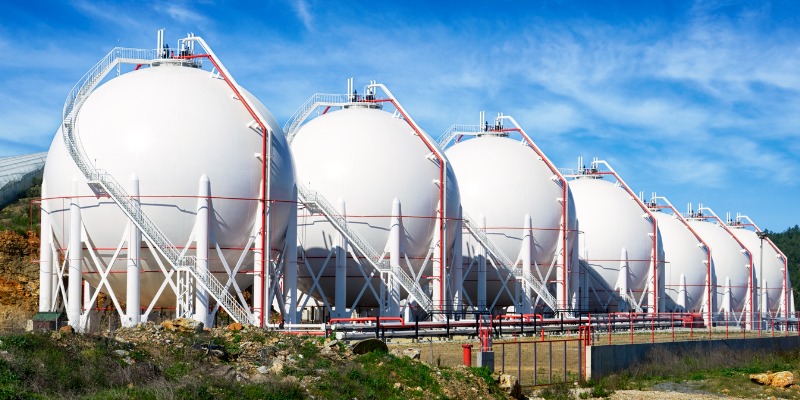Ottawa turns blind eye to obvious benefits of natural gas exportation

Unless you’ve been living in a cave (which may be a good idea these days, all things considered), you’ll know that our prime minister, famously free of actual business experience, formal economic training or apparently economic learning-by-experience, has famously said there’s “no business case” for the development and sale of Canadian natural gas.
When Prime Minister Trudeau met with leaders of the German people, Euros in hand, wanting to buy Canadian natural gas, and it was “Nein! No business case! Auf Wiedersehen!” When he met with the leadership of the Japanese people who also, Yen in hand, asked ever so politely to be permitted to buy natural gas from Canada, and it was “Iie! No business case! Domo Arigato!”.
Then, when he met with the leadership of Canada’s oil and gas-bearing provinces to discuss letting them develop and export Canada’s oil and gas resources… wait, what am I saying? That didn’t happen.
Now, the prime minister has a new opportunity to deny common sense. The newly-minted CEO of Enbridge, the largest pipeline company in North America, has suggested that indeed Canada does have a business opportunity to produce and export natural gas, and is missing that opportunity, while the Americans eat our lunch. Greg Ebel, taking the reins at Enbridge, says it’s regulatory uncertainty—not the lack of a business case—that’s kept Canadian oil and gas out of international markets. His “first choice” would be to produce oil and gas right here at home to service the needs of our international allies and trading partners. “You need stability in permitting,” he said, “and you need certainty in permitting”—a requirement regularly shown to entice energy investment. Ebel also believes Canada should recognize a “global responsibility” to export energy to its allies. So perhaps, the prime minister’s assertions notwithstanding, there’s a business case to be made for Canada’s production and export of natural gas.
It’s not all that complicated. Exporting Canadian natural gas would earn foreign revenues in trade, generate royalties on natural gas production and taxes on export income to help support Canada’s failing social services. It also might earn Canada international goodwill for helping to de-escalate global conflict over access to natural gas. And would, to some extent, in some places, substitute for fuel types that would produce higher levels of greenhouse gas emissions. This last point should not be understated in a world where numerous countries unable to secure or afford natural gas reverting back to coal-power generation. And yes exporting Canadian natural gas would generate returns to investors and shareholders in energy companies, which is a good thing, because if that didn’t happen, there would be no investment and no economic activity to begin with.
One would hope that all this common sense might sway the prime minister and convince him that perhaps there’s a business case to be made for Canadian natural gas exports, and to allow said activities to commence forthwith. It probably won’t. But with spring finally here, hope springs eternal.
Author:
Subscribe to the Fraser Institute
Get the latest news from the Fraser Institute on the latest research studies, news and events.

